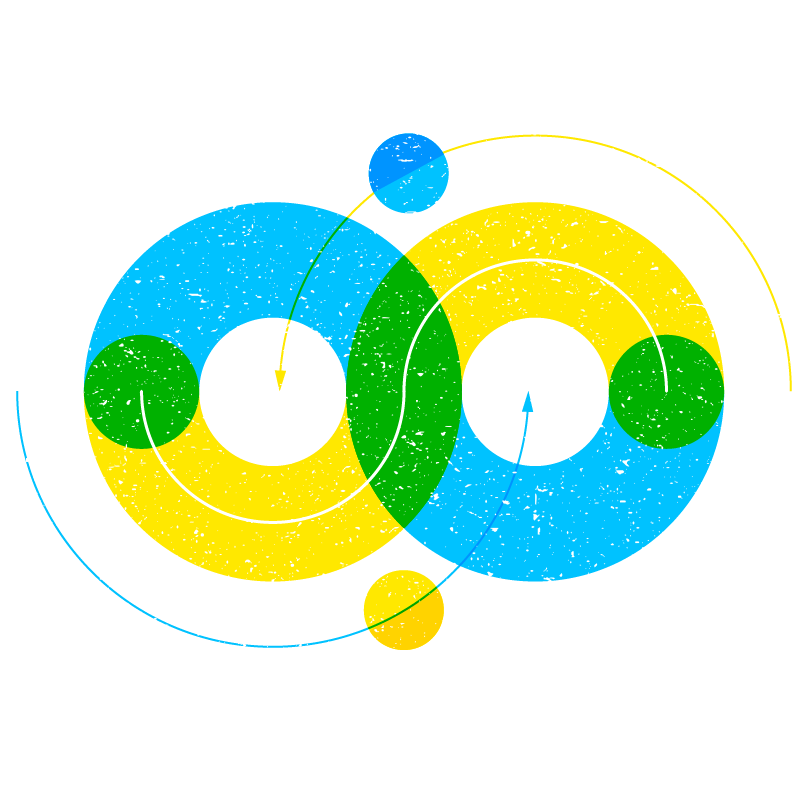Theory of change
Movement Hub provides support and ressources for social movements working for social-ecological system change

We believe that deep social change is necessary at the cultural, political, economic and environmental level to respect planetary boundaries. Massive mobilizations of young people demanding climate justice and environmental protection form the basis of the movement for change. To achieve the changes they demand and that we all need, more coordinated action between people who engage themselves for climate justice and people who are active in other areas of society is required.
Our vision is that in the future, socio-economic systems will be actively shaped by people who are most affected by the impacts of climate change and the necessary socio-ecological transformation, e.g. care and education workers, tenants, precarious workers, migrants, indigenous people and people who are already suffering from the consequences of climate change in the global South. Their demands for climate justice through socio-economic transformation will be understood not as a luxury but as a necessity. Climate justice and social justice are no longer seen as opposites in mainstream discourse, but as two sides of the same coin.
We work closely, trustfully, and transparently with social movements to maintain the credibility of Movement Hub and to ensure that Movement Hub does not miss important developments and shifts within the movement landscape.
Values of our work
Our work is oriented towards the goals and needs of social movements. In doing so, we support different strategies and approaches for social and ecological change. With it, we want to take into account that movements adapt their strategies and tactics to a continuously changing context and constantly learn from each other.
In our work, we aim to make the associated roles mandatory, transparent and reflective. We want to learn with social movements and be open to feedback.
We want to approach new groups and projects with an open mind and appreciation. Thereby, we try to strengthen especially those projects that actively fight discrimination and social and global systems of oppression and thus stand up for a more just world.
Climate Justice
When we speak of climate justice, we mean that the injustices that precede the climate crisis must be resolved in a social, ecological, anti-racist, and feminist transformation. All those who are part of these anti-oppression and social reproductive struggles are are essential to the process of shaping a climate-just future.
It is worth looking to the past to see who started the struggle for climate justice: it was indigenous groups and people in the most effected areas, those who suffer the most from the impacts of the climate crisis, even though they bear the least responsibility for its creation.

